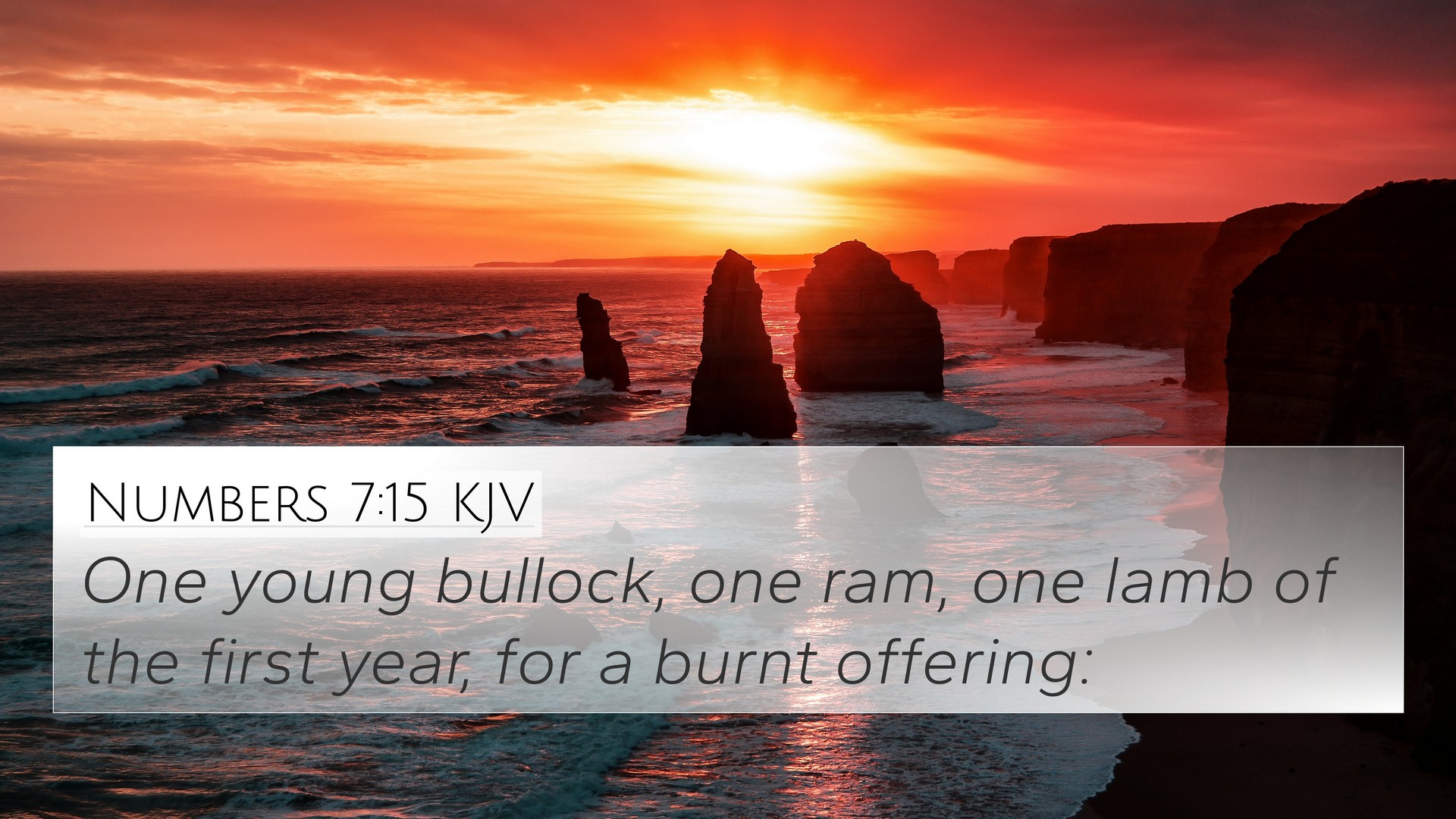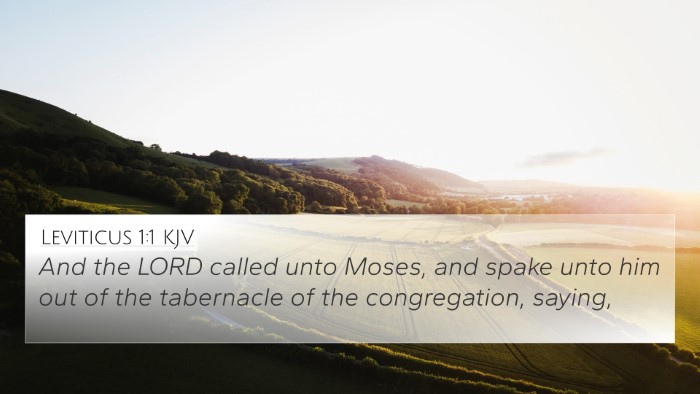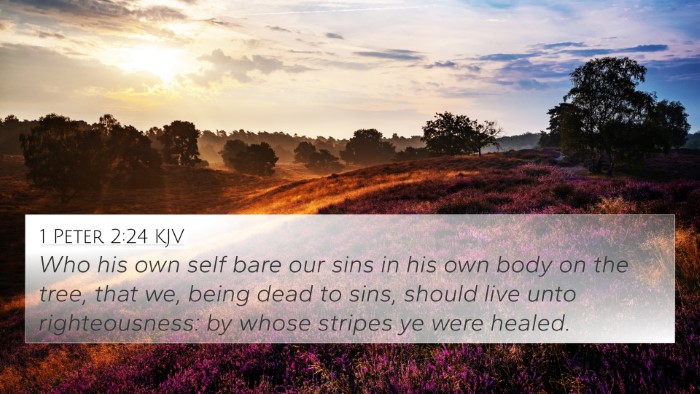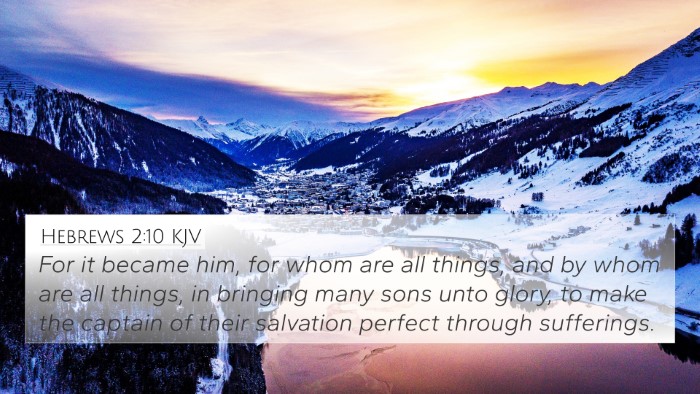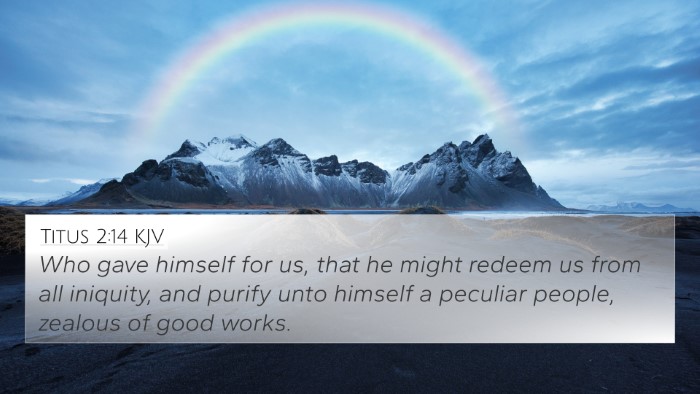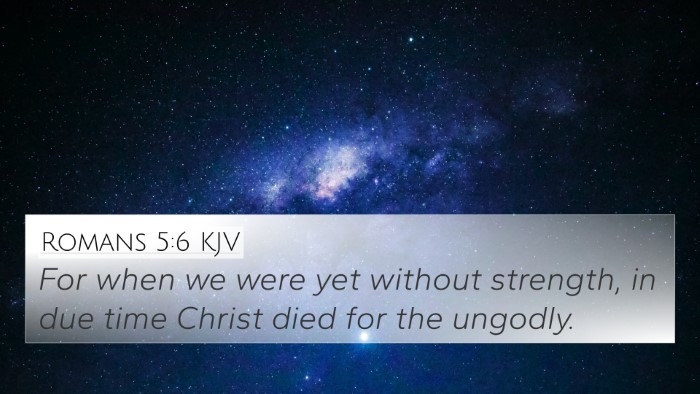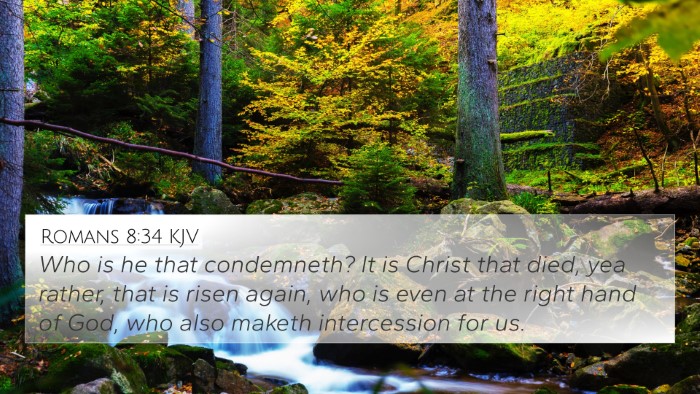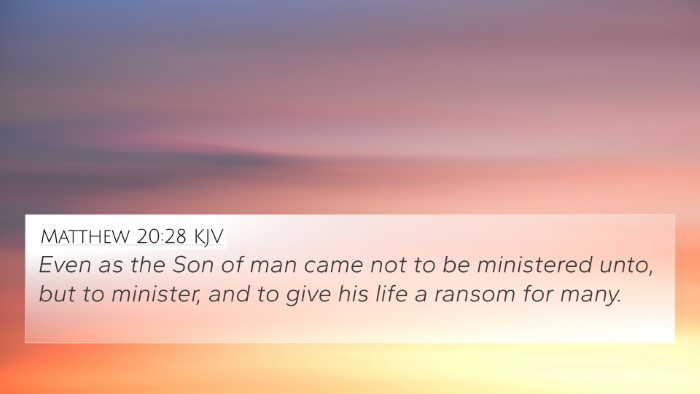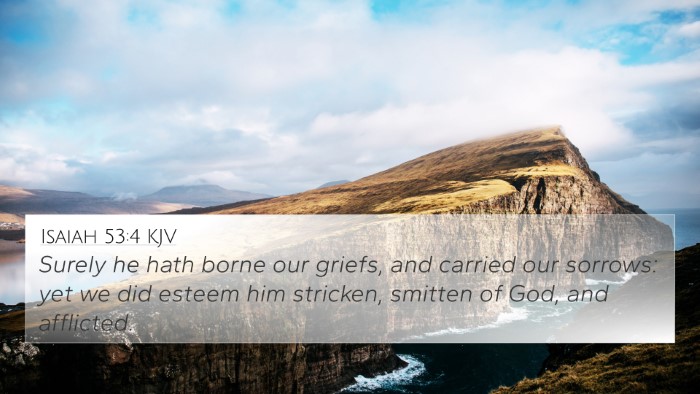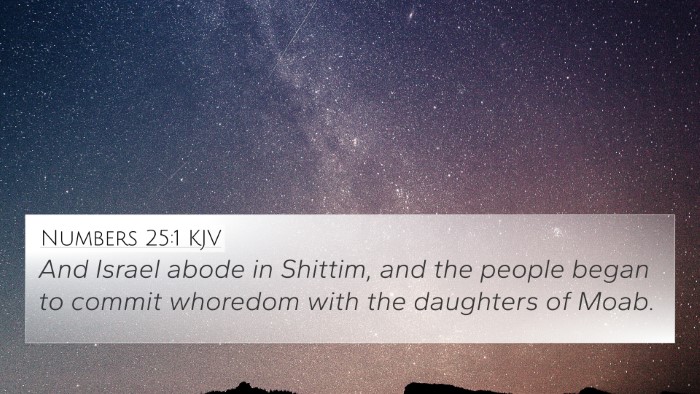Understanding Numbers 7:15
In Numbers 7:15, we encounter a significant moment during the dedication of the Tabernacle, where gifts were offered to the Lord. The verse states:
"One silver charger, the weight thereof was an hundred and thirty shekels; one silver bowl of seventy shekels, after the shekel of the sanctuary; both of them were full of fine flour mingled with oil for a meat offering."
This verse plays a vital role in understanding the sacrificial system and the act of offering in ancient Israel.
The offerings are significant, representing both worship and the communal aspect of bringing gifts to God. Here, we will explore insights on this verse from respected public domain commentaries including Matthew Henry, Albert Barnes, and Adam Clarke, emphasizing its theological importance and how it connects to broader Biblical themes.
Commentary Insights
-
Matthew Henry:
Matthew Henry emphasizes that each offering was a token of gratitude and a means of approaching God. The significance of the silver charger and bowl lies in the quality of the offerings, illustrating that God desires offerings to be precious. This indicates a reverence for God through the best we have. Henry also notes the greater purpose of these sacrifices—pointing towards the ultimate sacrifice of Christ, linking the Old Testament offerings to New Testament themes of atonement and worship.
-
Albert Barnes:
Albert Barnes highlights the importance of the weights and measures used in the offerings. This suggests precision in worship practices, reinforcing that God is specific about how He is to be approached. Barnes notes that these offerings not only served immediate purposes but were also part of a covenant relationship, establishing a pattern that would be seen throughout scripture. He draws parallels to how these practices are foundational to understanding Jesus’ sacrifice.
-
Adam Clarke:
Adam Clarke elaborates on the implications of the offerings, pointing out that they were not just physical contributions to the temple service but were representative of a believer’s heart. Clarke discusses the fine flour and oil, noting that flour symbolizes the purity and sincerity of the offeror's heart while oil often represents the Holy Spirit. This ties the offerings back to relational dynamics between God and His people throughout the Bible.
Biblical Cross-References
To fully appreciate the significance of Numbers 7:15, we can examine biblical cross-references that connect this verse to wider themes within scripture. Here are several key verses that provide deeper insight:
- Leviticus 2:1: Discusses offerings of flour mixed with oil, enhancing understanding of sacrificial practices.
- Exodus 25:2: Highlights God's desire for offerings from His people, showing a theme of voluntary sacrifice.
- Hebrews 9:23-24: Discusses the heavenly realities behind earthly sacrifices, bridging Old and New Testament themes.
- Romans 12:1: Paul encourages believers to present their bodies as living sacrifices, echoing the offering mentality seen in Numbers.
- 1 Peter 2:5: Talks about spiritual sacrifices and how believers are priests, indicating continuity to New Testament believers.
- Philippians 4:18: Relates to sacrificial gifts given to Paul, reflecting the same spirit of giving from Numbers 7:15.
- Malachi 1:14: Critiques improper sacrifices, connecting back to the importance of quality offerings to God.
Thematic Connections
The connections between Bible verses serve as a framework for theological understanding. In studying Numbers 7:15 through the lens of these cross-references, we see the biblical motif of sacrifice, the importance of worship, and foreshadowing of Christ's ultimate sacrifice. Each offering reflects the heart of the giver and communicates deeper truths about relationship with God.
Through linking Bible scriptures, we can develop a comprehensive approach to studying the Bible. Utilizing tools for Bible cross-referencing like concordances or cross-reference guides, believers can explore themes such as sacrifice, thanksgiving, and worship throughout both the Old and New Testaments.
Concluding Thoughts
Engaging in comparative Bible verse analysis helps to uncover deeper meanings within scripture. By examining Numbers 7:15 alongside related verses, readers can gain a richer understanding of God’s expectations and the nature of worship. The act of cross-referencing biblical texts not only enriches our theological insights but also deepens our spiritual walk. As believers continue to explore themes found in biblical texts, they come to realize that each verse contributes to the overarching narrative of redemption and relationship with God.
